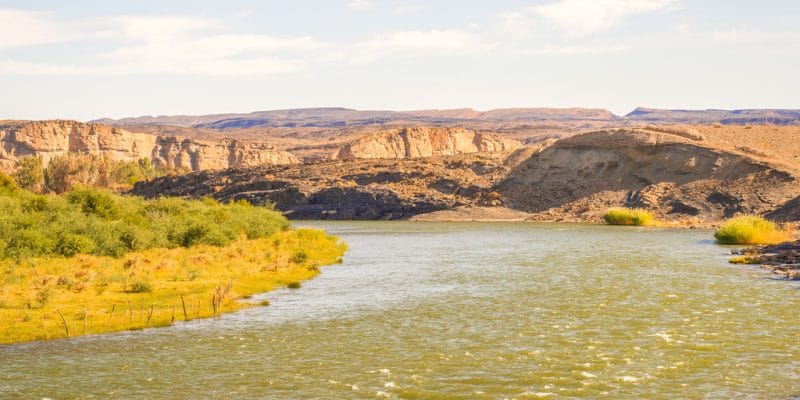The Lesotho Highlands Development Authority (LHDA) is seeking a company to build the future Polihali Dam. Companies interested in the call for expressions of interest have until November 12th, 2021 to submit their proposals.
News on the Lesotho Highlands Water Project (LHWP). On August 9th, 2021, the Lesotho Highlands Development Authority (LHDA), which is piloting the project, issued a new call for tenders targeting national and international companies.
Unlike the call for expressions of interest issued in May 2021 for the construction of a tunnel (38 km) for water diversion, this new development is for the construction of the Polihali water reservoir. “Our objective with this latest development is to attract suitably qualified companies with the capacity, experience and resources to undertake the construction of the Polihali dam within the set timeframe and with the required quality,” explains Tente Tente, the LHDA’s managing director.
Read Also – DRINKING WATER: Major African programmes that are making a difference locally
Companies interested in building the dam must apply by November 12th, 2021. The company will build a dam with a capacity of 2.325 million m3. The dam, located in the upper basin of the Orange River, will be supported by a saddle dam. The water stored by the Polihali dam will supply the people of the Lesotho highlands and allow the development of irrigated agriculture. Part of the water from the future facility will be transferred to the Katse Dam in South Africa via a tunnel, amounting to 1.270 million m3 of water per year.
The Polihali reservoir is part of the Lesotho Highlands Water Supply Project Phase II. Part of the water from the dam will be used to generate electricity for Lesotho. “According to the current master plan, the facility is scheduled for delivery between 2027 and 2028,” says LHDA. South Africa was originally expected to see the benefits of the project from November 2026.
For more details on the call for expressions of interest, click here.
Inès Magoum






